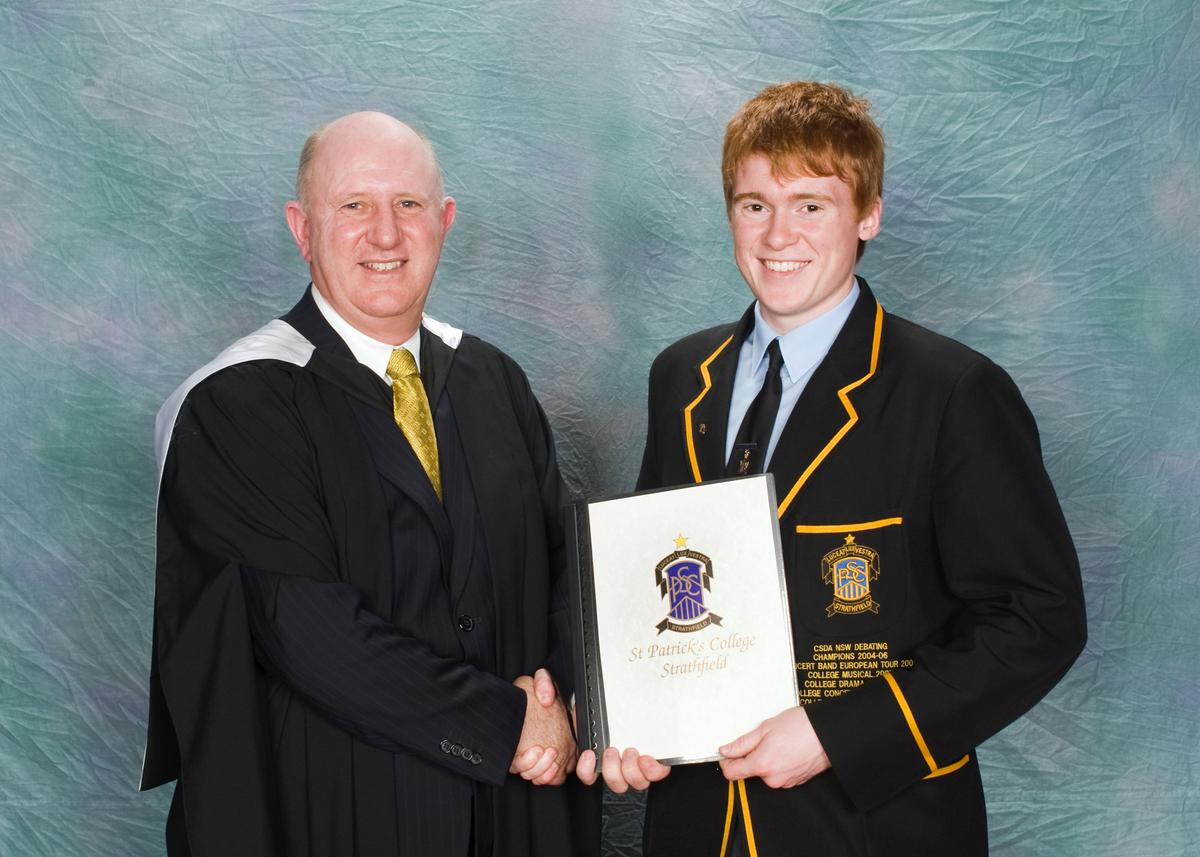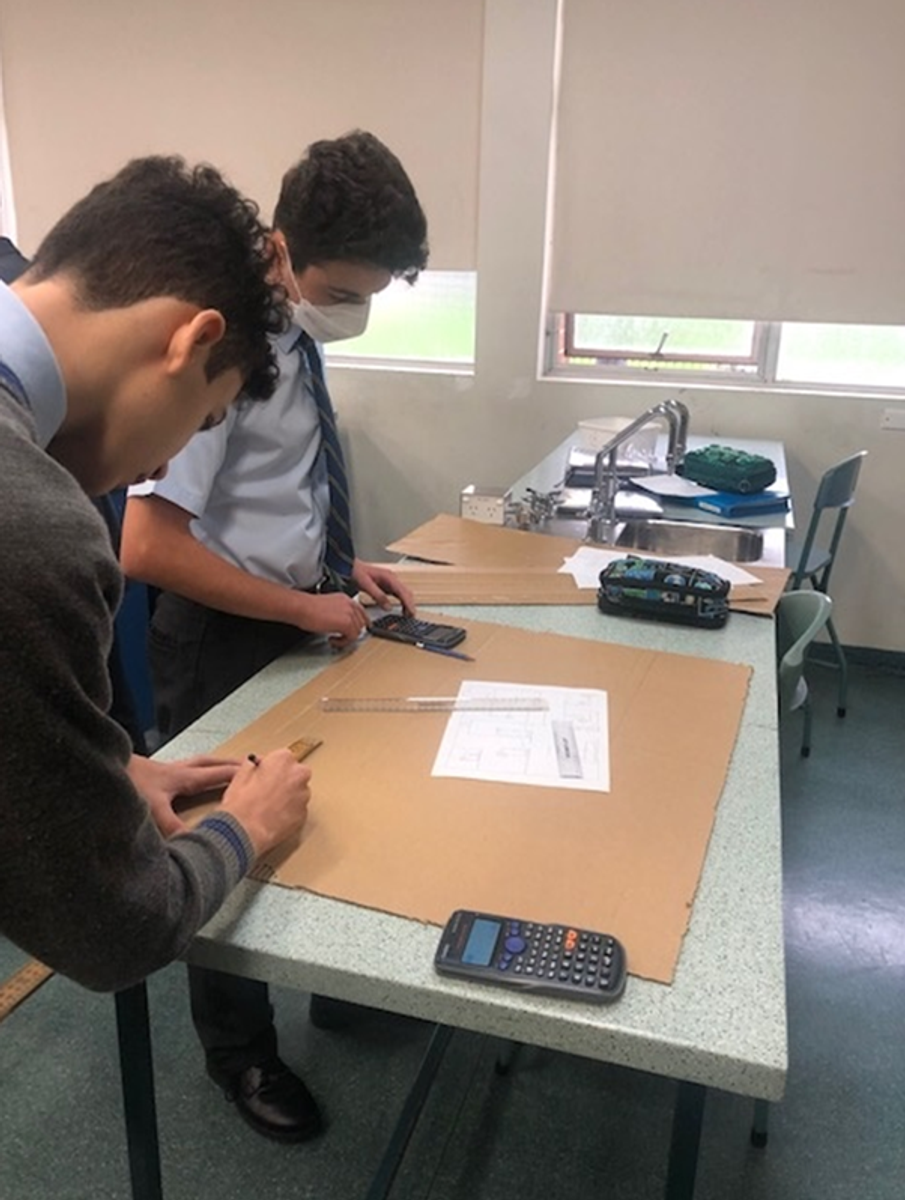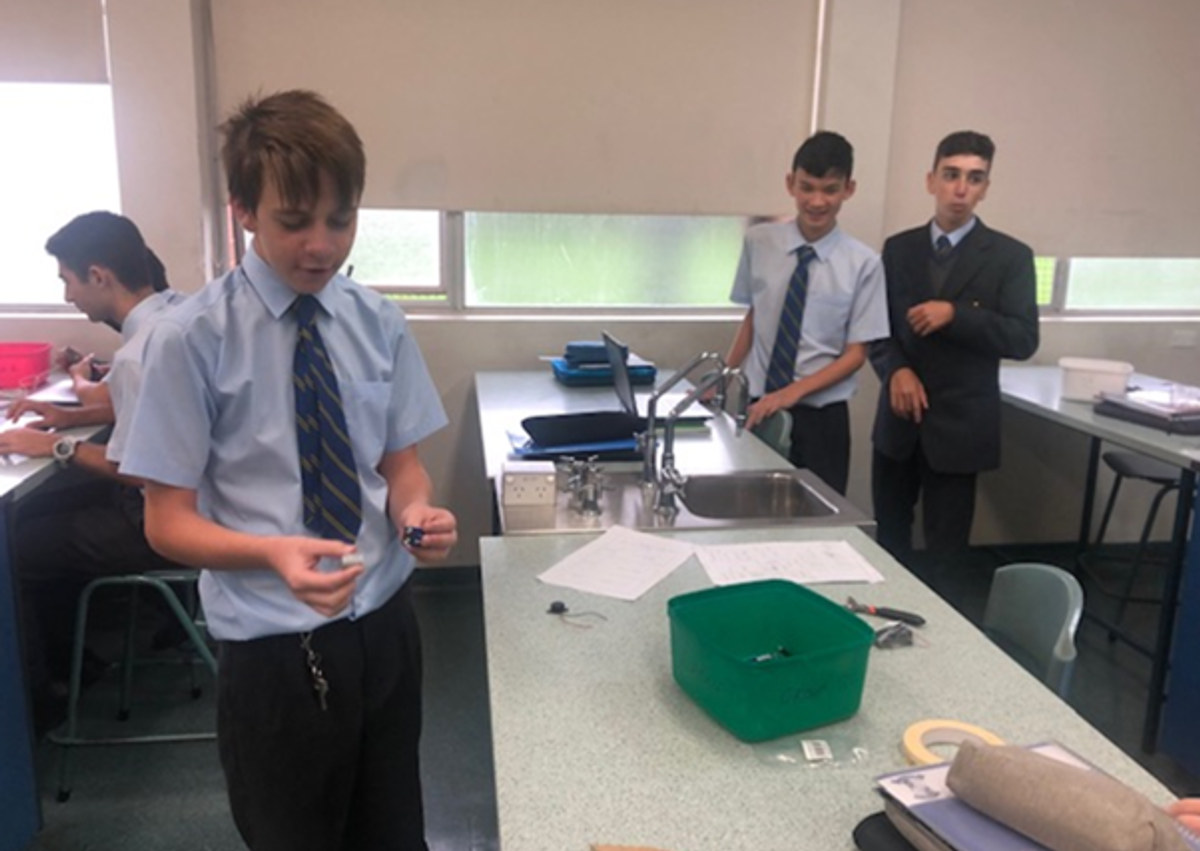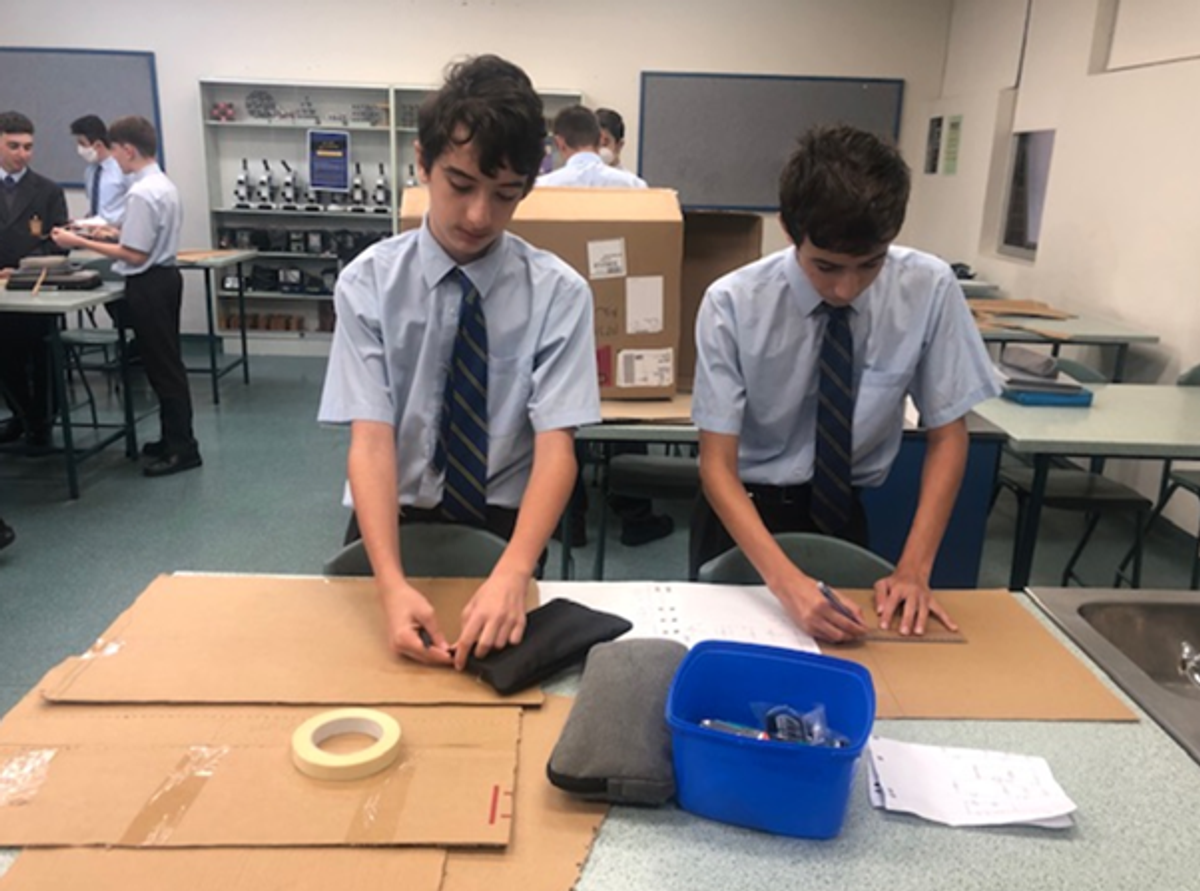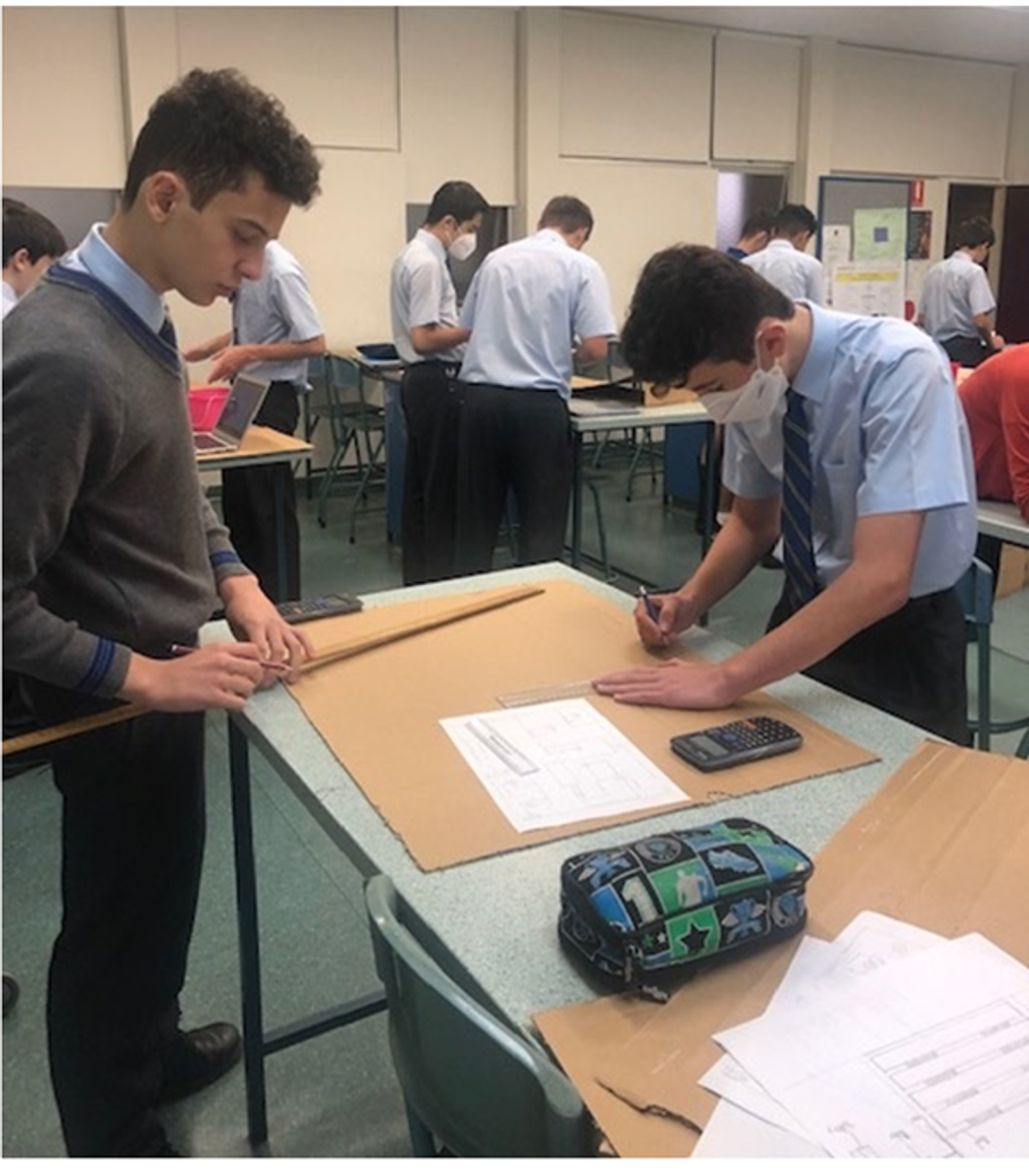Curriculum
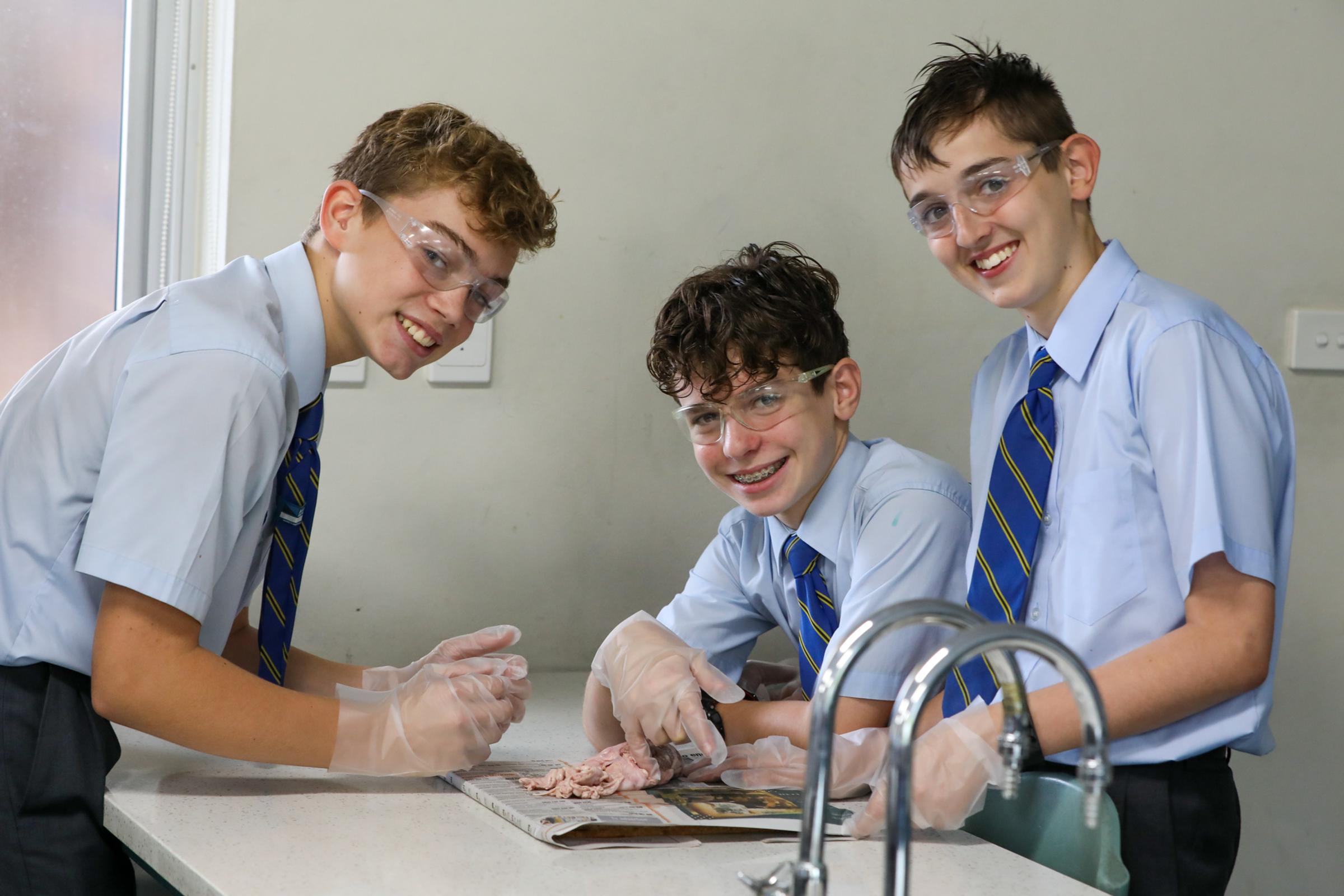
Years 5, 7 and 9 NAPLAN Online 2022
I have written previously in the Especean about this year’s NAPLAN Online and with a week to go, I remind parents/carers and their sons to visit the NAPLAN website at https://www.nap.edu.au/ to access the sample test items, past tests and associated marking criteria and marking guides. Parents and carers would also find the following link to a brochure to be informative, NAPLAN – information for parents and carers.
The online tests will run over a testing window of nine days commencing Tuesday 10 May and concluding Friday 20 May to allow students an opportunity to sit missed scheduled tests within the testing window. In general, for our boys, NAPLAN will occur on the following days:
- Tuesday 10 May: Reading
- Wednesday 11 May: Writing and Language Conventions
- Thursday 12 May: Numeracy.
On each of the above days, the boys of Years 5, 7 and 9 will leave their bags outside their assigned NAPLAN test room and take with them only what is required for NAPLAN Online tests, i.e., their fully charged device with installed NAPLAN Lockdown Browser and headphones, a pen, pencil, pencil sharpener and eraser in a clear plastic sleeve.
On the Tuesday and Thursday at the end of a normal timetabled Period 1, the boys will go to their assigned classrooms under the direction of their teachers. Similarly on the Wednesday, at the 8:35 AM warning bell, the boys go straight to their assigned rooms. The boys ought to go to the toilet prior to each session. At the end of each NAPLAN Online session, the boys will resume their normal timetable for the remainder of the day.
It is important to note that the boys are to adhere to normal examination rules and expectations, i.e., no talking, no mobile phones, no “smart” watches, no electronic devices (other than the device for testing) no food and no drink, except for water in a clear transparent bottle with the label removed.
The NSW Education Standards Authority (NESA) has advised that the genre for the 2022 writing test will not be disclosed prior to the test period. In 2022, as in previous years, the writing test will be a single common task for all students. Students will be required to respond to either a narrative or a persuasive prompt. Therefore, boys from Years 5, 7 and 9 should practise and familiarise themselves with both the persuasive and narrative styles of writing. To understand more about the writing test, please visit the NAPLAN site at: https://www.nap.edu.au/naplan/writing.
Parents/carers and boys of Years 5, 7 and 9 are reminded that in the event of absenteeism due to illness or misadventure during the NAPLAN test period, they must contact their relevant Year Coordinator on the morning of their test – Mr Stephenson for Year 5, Mr Biviano for Year 7, or Mr Milheiro for Year 9. Where practical, the College will arrange for individual boys who are absent at the time of testing to complete missed tests at an alternative time within the testing window. Upon the boy’s return to school, a medical certificate for the illness or misadventure must be given to their relevant Year Coordinator.
In the event a boy is absent with COVID-19, a positive PCR test must be provided to the relevant Year Coordinator as above, and the boy must isolate at home for seven days. If the PCR test is negative, then a doctor’s certificate must be provided to account for another illness and fitness to resume school attendance.
2022 HSC Written Examination Timetable now available online
The 2022 HSC written examination timetable is now available for viewing online via the NESA website at:
HSC written exam timetable | NSW Education Standards
Oral language examinations will run from 6 August to 10 September 2022 and scheduled timeframes for each language may be viewed at:
HSC languages oral exam timetable | NSW Education Standards
Students can access their personalised written examination timetable from Students Online.
Michael Cutrupi
Director of Curriculum
Providing a Liberating Education
On Tuesday, 26 April, our teachers engaged in a professional learning day titled “A Liberating Education to Make Every Lesson Count”. The day provided an opportunity for our teachers to go deeper in their understanding of this core touchstone in terms of how it applies to their classroom practice.
The day was structured against the six principles of the “Making Every Lesson Count” framework, an approach we are using across this year to refine our pedagogical practices in the classroom.
Setting the bar high on the day, Luceat and Old Boy Rob Johnson regaled teachers with his recollections of his time at St Patrick’s College. He spoke passionately and humorously about his teachers, encounters, his involvement in College life and the lasting impact these have had on forming him into the confident man he is today. The “idea of each individual contributing their very particular personal element to the benefit of a larger culture also applies to that powerful, supportive sense of community that I’ve been talking about,” is a sentiment very much in keeping with the theme of the day, our ability as educators to make a positive difference in the lives of our students – in the classroom and beyond. His words and stories provided a suitable challenge for our work on the day and in our continuing vocation as teachers.
In sessions built around the pedagogical principles of explanation, questioning, modelling, practice and feedback, we examined core elements of liberating education and liberating practice, applied these to our work in faculties, listened to four very articulate Leaders of Learning speak about liberating practices in their own subject areas, and then spent time applying these principles in our planning for the term.
Liberating Education is a multi-layered concept: we seek to liberate all in our community spiritually, academically, and socially.
- Through social justice activities and service, we raise awareness of the needs of others and reach out to make a difference to those on the margins.
- In our classrooms, we can make conscious curriculum choices to include activities, select content, texts, and issues, and develop projects and tasks that make a concrete link between our classrooms and pressing issues of justice for those in need beyond our walls.
- In addition, we can employ liberating practices to ensure the process of learning is engaging, joyful, and purposeful. Wait time, deeper questioning and critical thinking, and rigour add purpose and meaning to curriculum areas. Voice, choice, reflection, and high standards create a sense that learning is required of all and personal to all.
As we work to create both agency and ownership of learning in our students, we develop them as learners. We seek to educate for deeper, life-long learning, as opposed to schooling students through Paolo Freire’s “banking” (transmission) model of education.
The continuing challenge for us as educators at St Patrick’s is to balance the expectations, demands and accountabilities of a formal curriculum with the desire and moral imperative to foster “resilient and spirited men who are challenged to serve”. We do this through the provision of an authentically liberating education.
Denise Lombardo
Director of Learning and Innovation
Year 9 Electric House Project
Throughout Term 1, Year 9 Science studied the topic of Energy and Electricity. When concluding the topic, students in 9 Science 1 and 9 Science 5 were assigned a challenging task to design and assemble an Electric House. Within these houses, students are expected to design rooms, construct circuits, and form a house structure that's appealing to all. These houses will be fitted with series, parallel and complex circuits in which all students have been studying and building in class. This leaves students to apply these skills learnt in class to develop our house projects at a high level. Currently, students are just beginning to design and build these houses. Cardboard has been supplied for students to create the foundation of the structure of their homes. Eventually, students will need to present these houses to staff and students across the school to show the community the hard work and studies the students and teachers have put into our learning.
Christian Angilletta
Year 9 Student


